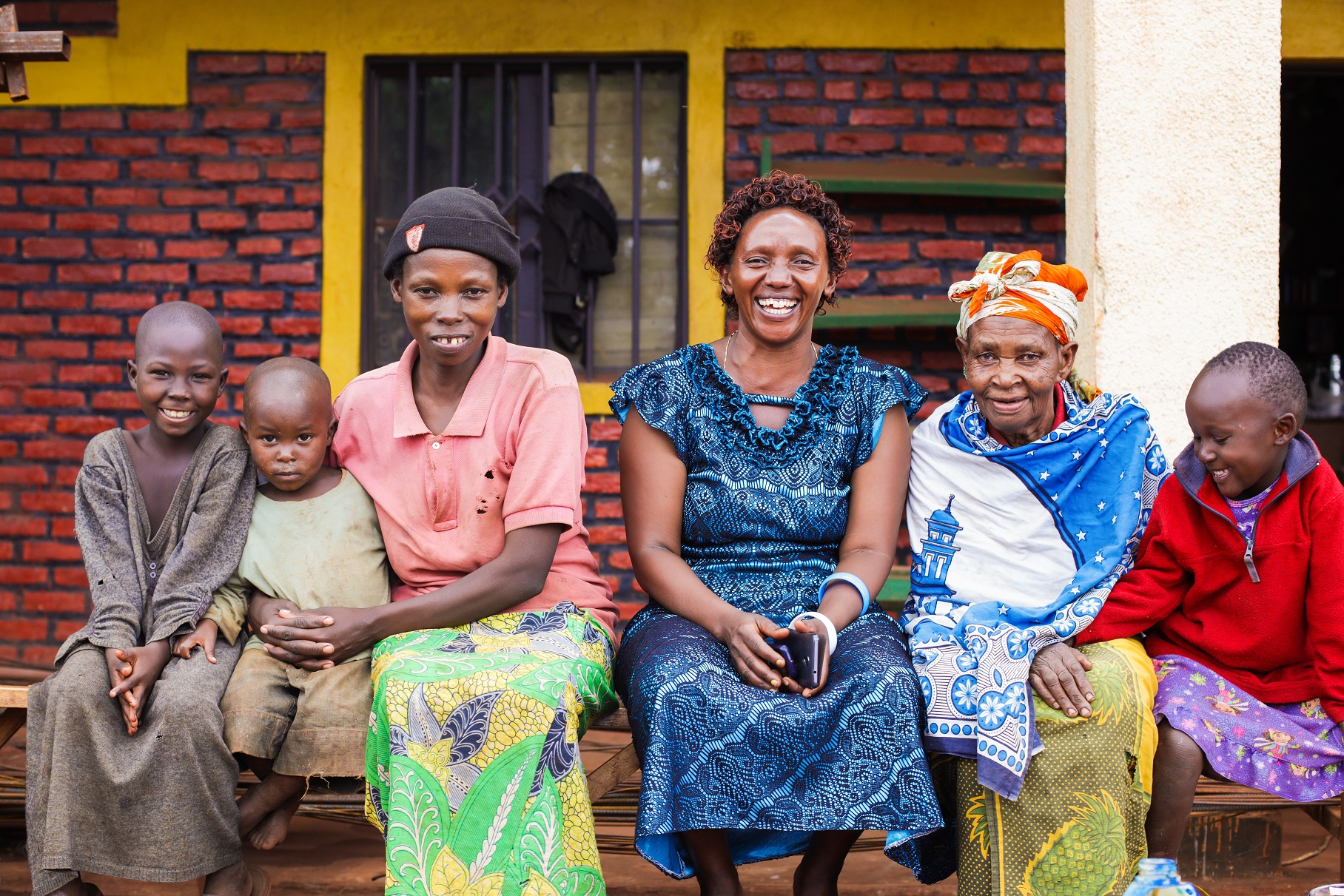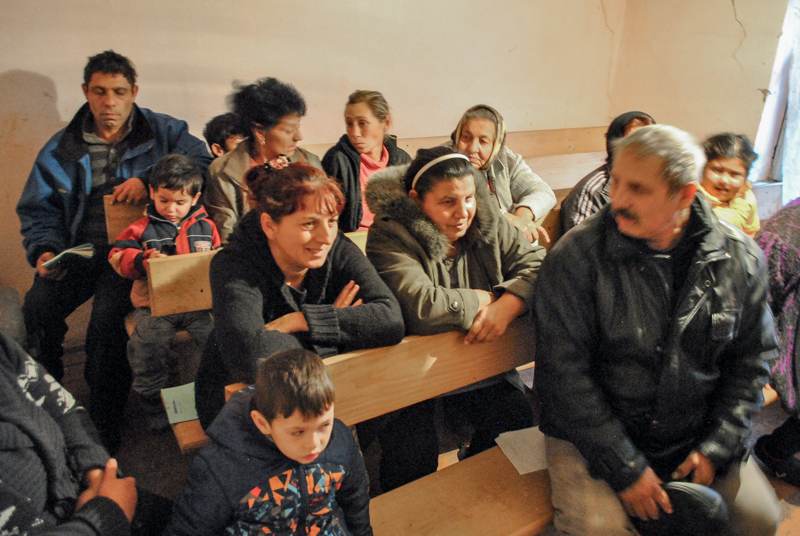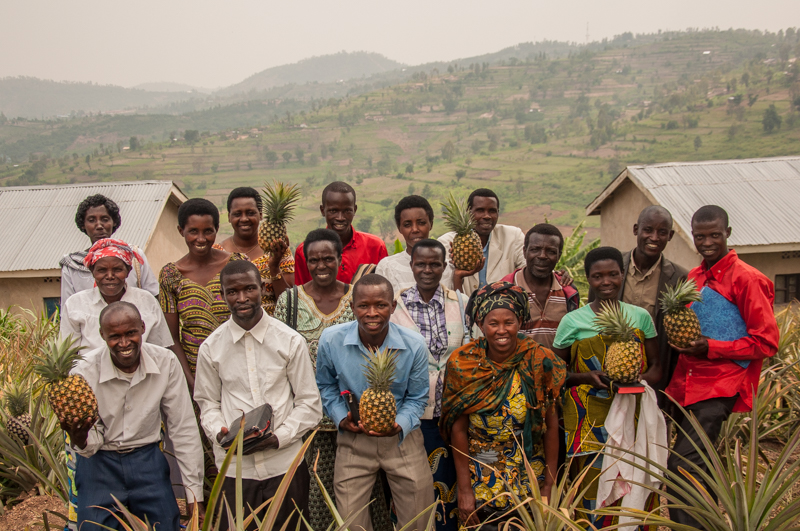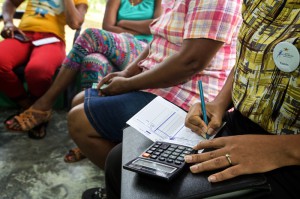by Christine Baingana, CEO of Urwego Bank
As the CEO of Urwego Bank, the largest microfinance institution in the HOPE network—and in the country of Rwanda—Christine Baingana shares what she’s learning about leadership while leading a team of over 300 staff.
I first learned of HOPE International after reconnecting with Peter Greer, HOPE’s president and CEO, while I was in graduate school. I had met Peter in the early 2000s while I was working for a large commercial bank in my home country of Rwanda and he was serving as the managing director of Urwego Bank. As we reconnected, Peter shared about the work he was doing through HOPE International—and asked if I wanted to join him.
In 2010, I joined the HOPE International team as the savings and credit association (SCA) specialist, later going on to serve as the Africa SCA regional director. When HOPE became a majority stakeholder in Urwego Bank in 2016, I was asked to step into the role of CEO. Having been on the board for several years, I knew that this would be a challenging time to lead the organization. I felt unqualified to lead such a large team through such a major transition.
But as I sought counsel from others, they reminded me to think of those Urwego could serve, men and women who have not had many of the privileges and advantages that I have. As I took my eyes off of myself and focused on them, I chose to say yes to this opportunity. It’s exciting to know we are changing lives for the Kingdom, that men and women who come to Urwego for a small loan, or to find a safe place to save, will have the opportunity to overcome poverty and experience a closer relationship with the Lord and their community members.
Here are five of the most valuable lessons I’ve learned on this leadership journey:
Continue Reading…






















